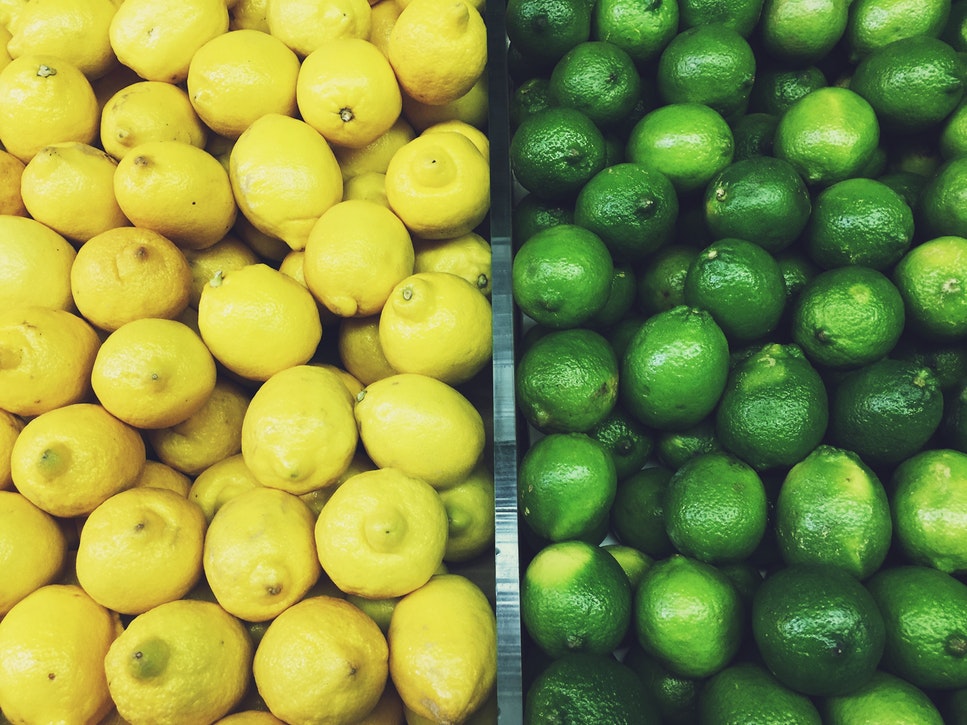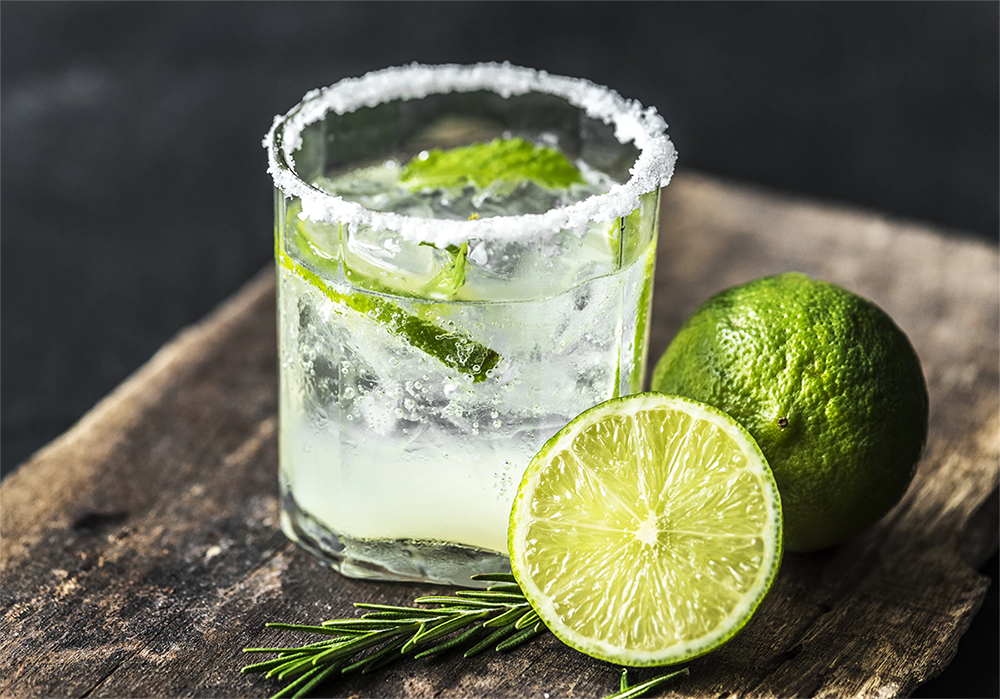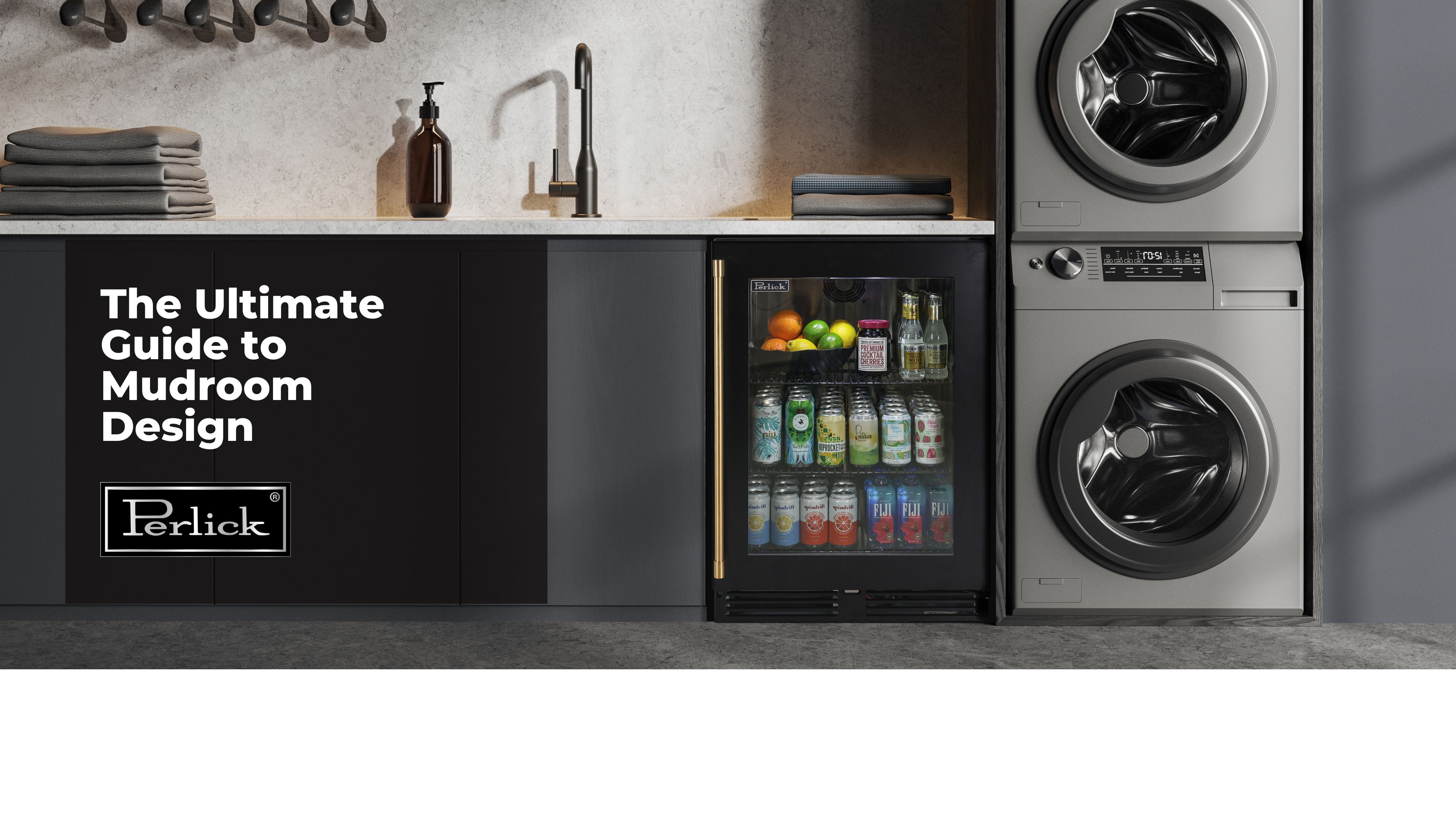Sustainability – you hear that a lot these days. From farm-to-table menus in restaurants to the elimination of plastic straws in coffee shops, achieving sustainability and eliminating food waste is a common foodservice trend year after year. While reducing food waste makes sense back in the kitchen, what about reducing cocktail waste with sustainable cocktails?
According to Kimpton Hotels & Restaurants’ 2019 Culinary & Cocktail Trend Forecast, “88% of bartenders consider sustainability whenever they design a cocktail for their menu and are embracing new approaches to sustainability, including edible garnishes, on-site beehives, room temperature cocktails, and bar and kitchen menus with fewer ingredients that are incorporated into multiple items.”
While the craft cocktail movement has led to a variety of popular cocktail trends, from regional flavors and ingredients to non-alcoholic mocktails, the sustainable cocktail appears poised to be just as much Instagram-worthy as it is environmentally friendly.
What are Sustainable Cocktails?
At their core, sustainable cocktails are drinks that are made in-house, using organic and local ingredients, with a minimal environmental impact. Sustainable cocktails will often feature recycled ingredients like skins, seeds, and grounds that would otherwise end up in a landfill.
Cocktail creation creates a fair amount of food waste. That's especially true with craft cocktails, where produce used for garnish or flavor is only partially used. Sustainable cocktails seek to eliminate that waste, through unconventional recipes and creative bartending.
How to Create a Sustainable Cocktail Program
There are three main ways to promote sustainability in a cocktail program – reducing water, energy, and food waste. Food waste is perhaps the easiest challenge for bar operators to solve. Before throwing something away, consider if an ingredient can be used for something else.
 One common cocktail ingredient that is often wasted? Citrus. Think about the gallons of water needed to produce one lemon, lime, or orange, followed by the emissions given off to ship it. Only a portion of the fruit is used before throwing away.
One common cocktail ingredient that is often wasted? Citrus. Think about the gallons of water needed to produce one lemon, lime, or orange, followed by the emissions given off to ship it. Only a portion of the fruit is used before throwing away.
Bartenders can use leftover juices, rinds, seeds, and skins of fruits to create an entire stock of ingredients for sustainable cocktails.
For foodservice operations with a kitchen, consider the value of sharing different ingredients. A bartender could save leftover egg yolks from whiskey sours and give them to the kitchen staff who can use them in their recipes.
Economic benefits of sustainable cocktails
While sustainable cocktails can help the environment, they also save time and money.
Sourcing organic ingredients can be expensive, but finding multiple uses for them will reduce purchasing costs. Using more of the ingredient leads to a higher profit margin, an important number for any bar operation.
With more and more consumers looking for restaurants and bars with a commitment to sustainability, there’s no better place to start than behind the bar.








